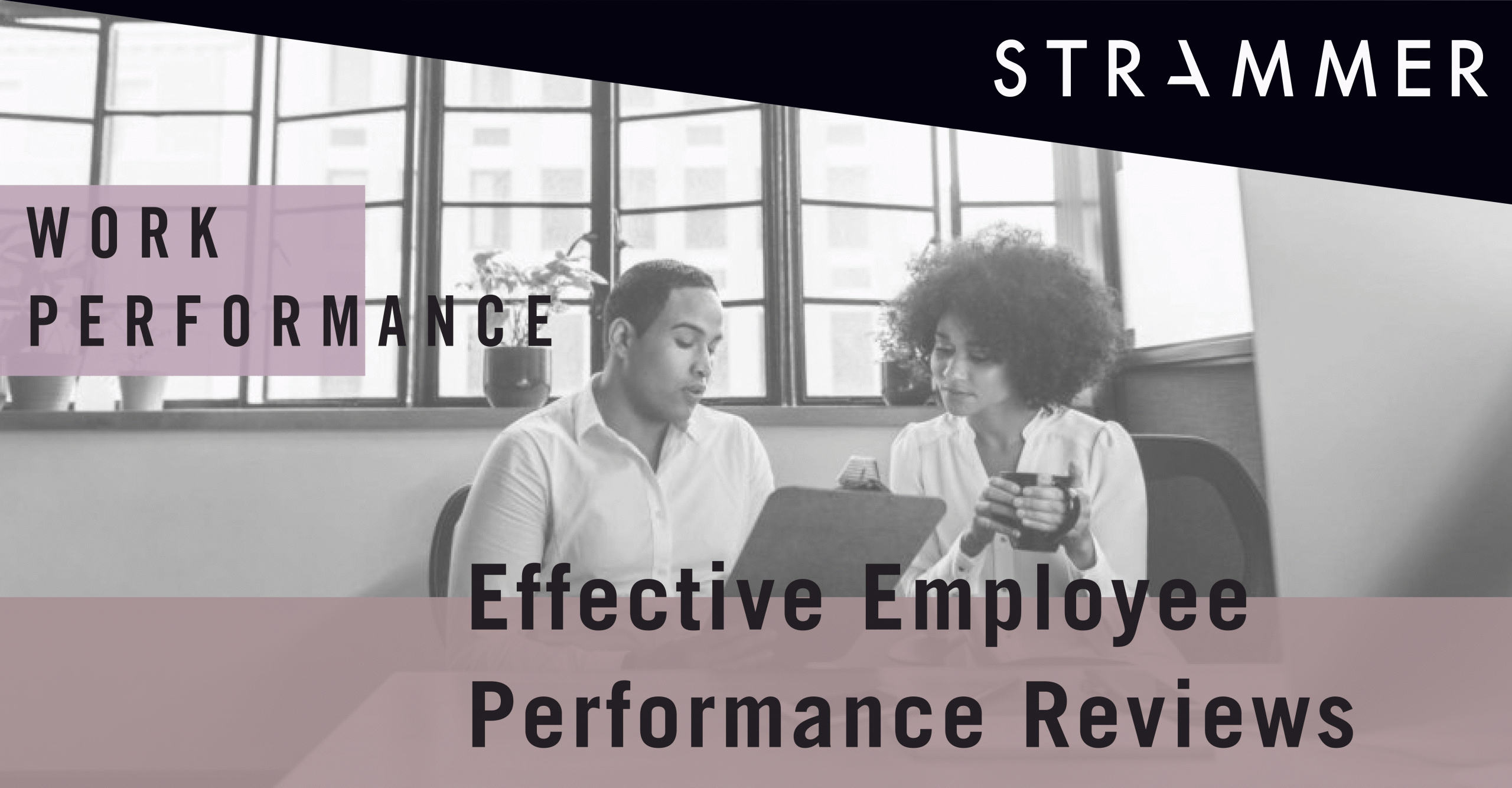Employee Performance Review
Almost every company has an employee performance review system. And what exactly are these systems? They are a way to analyse and evaluate employees’ work performance over a period of time. They allow organisations to understand the workers’ value in terms of business revenue.
Companies decide whether these reviews are regular (for example once per month) or less frequent. For instance, many organisations conduct annual employee performance reviews at the end of the year. A Gallup 2019 study compared annual and weekly reviews. The results showed that when managers gave weekly feedback, employees were “3.2x more likely to strongly agree they are motivated to do outstanding work”. Therefore, it is crucial for organisations to analyse which frequency best fits their workforce/management style. All workers are different, and everyone has diverse work needs and preferences.
Given that, as we said, all workers are different, they also have different opinions about these reviews. Some claim that they just unnecessarily pressure employees. But others say they are beneficial to them and their organisations, in order to understand if their goals and expectations are being met. All things considered, there are advantages and disadvantages.
As mentioned, these reviews can make workers stressed and anxious, which has a negative impact on employees and their work performance. But they can also help employees understand which skills/abilities should be strengthened and even if they should develop new ones. Employers must help them throughout this learning process, by offering workshops/training. It is critical that employees’ evaluations are honest, constructive, allowing them to understand where they succeeded/failed and why.
Moreover, during these evaluations, it is beneficial to ask employees about their needs, expectations, work preferences and whether they are being met. It helps to understand employees’ engagement and work satisfaction levels. It is critical for workers to feel that their organisation listens and supports them.
However, these evaluations can offer more benefits than just understanding workers’ expectations/needs. They help leaders and managers acknowledge the best skills of the workforce. This is useful to plan the future of the workplace and the most efficient work methods. Also, reviews are key to recognising workers who deserve pay rises, promotions, etc.
So far, we have understood that employee performance reviews can help companies and workers. But to do so, they need to be effective. Thus, it is fundamental that these systems are similar for workers in identical positions. The goals should be achievable, clear, and similar to what is required for the role/position/task. In addition, it is crucial that the review is based on the employee’s performance and not on the personality. The evaluation must be detailed and factual.
Surprisingly, and sadly, studies have shown that employee performance reviews are helping to widen the gender equality gap, as men and women are not treated equally during these evaluations. According to a 2016 study by Harvard Business Review, female workers receive more vague feedback compared to male counterparts. Only 40% of women get feedback related to their monetary results, while for men this percentage grows to 60%. Another study by PWC showed that only 12% of millennial women are not satisfied with the “frequency and quality” of the feedback they get. Therefore, improving employee performance reviews is crucial to address the gender equality gap. They can be a helpful and efficient tool.
References:
- Giving An Effective Performance Review, October 2019, Forbes
- Upcoming performance review? How’s how to get the most out of it, March 2019, Fast Company
- 5 steps to a better performance review, November 2019, INTHEBLACK





